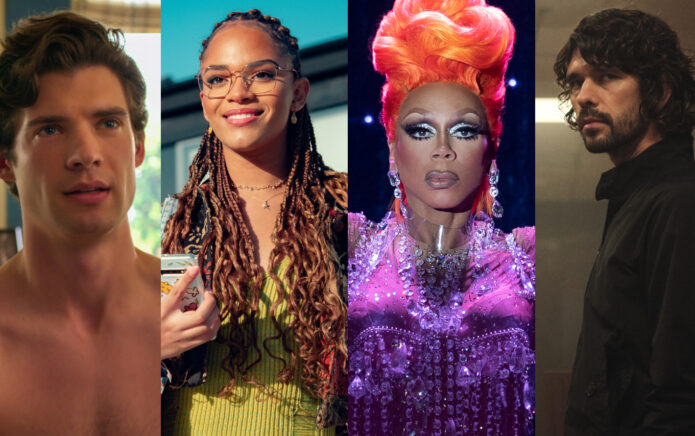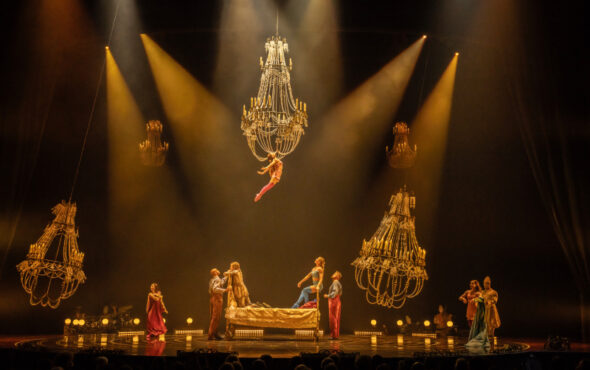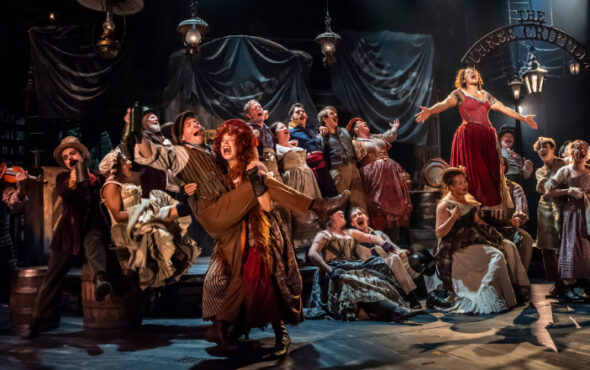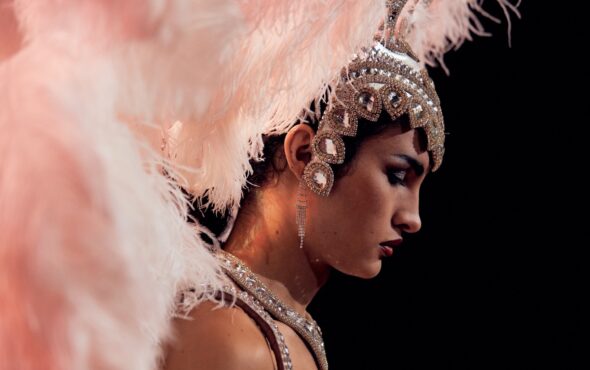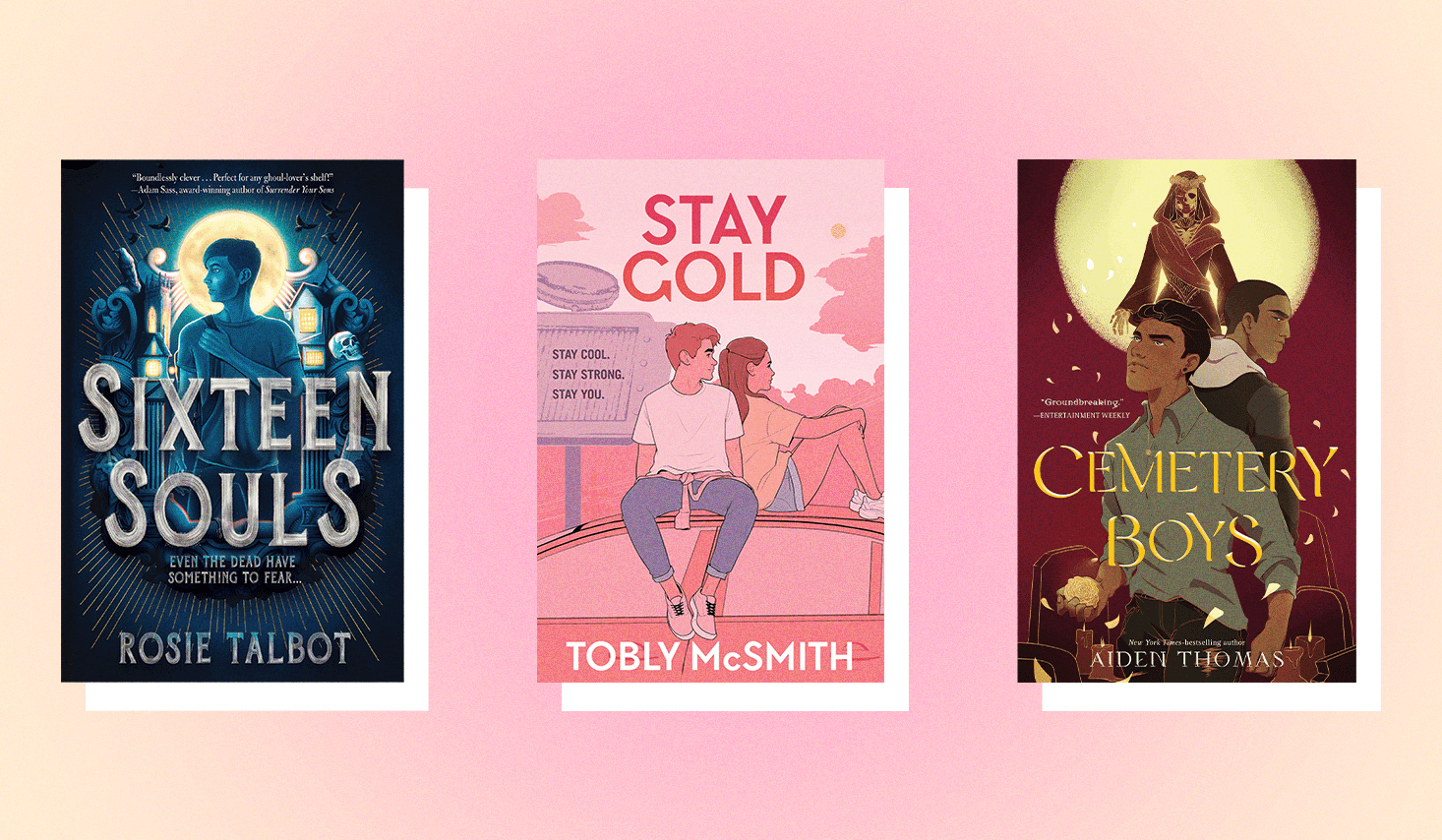
You have heard of a mid-life crisis, now get ready for a mid-queer crisis. But let’s start at the beginning.
Books play a huge role in many people’s lives, helping them explore the identity of character, and sometimes helping them to figure out their own. In terms of LGBTQ+ representation, books allow us to delve deeper into the experiences of LGBTQ+ characters, sometimes in a way we can’t through film and TV, and several of my friends have even realised that they might not be straight by discovering a relatable character in the pages of a book.
For me, books didn’t initially contribute to my realisation that I wasn’t cisgender. Around two years ago, I started using the term genderqueer to describe myself, but within the last year I’ve begun to question my gender identity again. This process of reassessment and rediscovery is what I’m calling my mid-queer crisis.
This is where books come in. Reading has always been my escape, my safe haven, and the thing I spend most time doing. Once I realised I was LGBTQ+, I started seeking out books with more diverse representation, and since the start of this mid-queer crisis, I’ve specifically been searching for books with characters who are either trans men or identify somewhere under the non-binary umbrella. Though this period has taken lots of emotional energy and mental space, these novels have been helping me, piece by piece, to puzzle together my identity.
Cemetery Boys by Aiden Thomas, one of the first books I read with a trans main character, Yadriel, helped me realise I relate to a lot of transmasculine feelings, which I was unaware of before, but had always been in the back of my head.
Sixteen Souls by Rosie Talbot, where the internal dialogue of protagonist Sam is absent, made me realise how I want to be seen as masculine by people and how much better that makes me feel.
A book I recently read, Stay Gold by Tobly McSmith, helped me realise I definitely am not a trans man through the way main character Pony talks, feels and navigates dysphoria.
This process has taken quite some time, but I am getting somewhere with the help of authentic representation by authors who are often LGBTQ+ themselves, and write from their own experience. I was afraid to experiment with my identity and my presentation again after coming out the first time around, but books like these have given me the confidence to be myself, to go and cut my hair, to change the way I look, to feel more comfortable.
I have narrowed down my identity to a more or less specific area on the gender spectrum thanks to books, and while the puzzle has not yet been completely solved, I feel freer and more myself at the same time. I will continue searching, and continue reading, but I now know there are people out there who feel the same way, who go through the same or similar struggles that I am going through.
Re-questioning your identity is not uncommon despite the common misconception that coming out means a label is set in stone. Humans are complex, and identity can be fluid. This is one of the reasons I volunteer with Just Like Us, and speak to young people about my experiences. I want them to know that a mid-queer crisis isn’t a bad thing, that it’s OK to question things again and again. Life is a journey and while it might be tough at times, it will get better.
Carden Cappi is an ambassador for Just Like Us, the LGBT+ young people’s charity. If you’re LGBT+, age 18-25 and living in the UK, you can volunteer for the Ambassador Programme here.
